Developmental behavioral pediatrics
The development of a child can be conditionally divided into motor development, cognitive development, and social-emotional sphere. They cannot develop one without the other. Deviations in a child's development are characterized by persistent and peculiar disorders of communicative behavior, the emotional contact of the child with the surrounding world, the ability to respond correctly to external situations, and the impossibility/difficulty of performing complex motor skills: running, climbing stairs, jumping, throwing, etc. An important component is the assessment of the child's neuropsychological development and the assessment of the child's physical development, which helps to determine the level of their development and compliance with the norms of child development.
We work with all children to help them overcome difficulties with speech, challenges with socialization and development, prepare for adaptation in a children's group, and cope with adolescent challenges. The main feature of the Center is the collaborative work of specialists such as psychologists, speech therapists, rehabilitators, neurologists, psychiatrists, other narrow-profile specialists, and pediatricians. A multidisciplinary approach in pediatrics is applied to comprehensively examine the child, conduct an objective assessment of the child's physical development and level of neuropsychological development, and provide qualified assistance and support for the child and parents in the future.
When to Contact Us?
If your child:
- starts speaking late/does not speak at all;
- does not respond to their name;
- refuses tactile contact with parents;
- prefers to be alone rather than with someone, refuses to interact with the surrounding world, shows no interest;
- has a weak emotional reaction to care and concern, parental addresses;
- has poorly developed non-verbal communication skills;
- lacks pointing gestures;
- the child does not look you in the eyes;
- repeats the words of others (echolalia);
- if speech exists, speaks monotonously, as if repeating a memorized text;
- shows prolonged monotonous movements (e.g., rocking in a crib);
- has improper coordination of movements: runs poorly, climbs stairs, etc.;
- incorrectly reproduces movement patterns (walking, getting up from the floor);
- does not maintain muscle tone in hands and legs for an extended period;
- has asymmetrical muscle tone in hands and legs;
- does not hold their head up for a long time.
All of these may be signs of developmental delay or disorder, so it is important to assess the neuro-psychological development of the child. Our pediatric center has a multidisciplinary team of specialists: a special psychologist, speech therapist-defectologist, pediatric neurologist, psychiatrist, rehabilitation therapist, pediatrician, and occupational therapist. Additionally, if needed, you will receive consultations from a geneticist, immunologist, allergist, pediatric orthopedist, pediatric ophthalmologist, and others.
Our center collaborates with specialized reference centers to provide maximum assistance to children. Only high-quality and comprehensive interaction between "specialists - parents - child" allows your child to fully adapt to society.
We work with children who have:
- Childhood fears and phobias;
- Behavioral disorders;
- Problems with remembering information;
- Difficulties in relationships with parents;
- Difficulties in socialization;
- Bullying;
- Mental and nervous disorders in children.
- We will also help you and your child emotionally and psychologically prepare for school, adapt to a children's group, and promote the full development of the child.
A child is a holistic personality, and their harmonious development depends on the ability to realize all the potential that nature has given them.
What We Work With
We diagnose and correct the following diseases and conditions in children:
- Autistic spectrum disorders (ASD);
- Delay in psychomotor and speech development (PDD, speech delay);
- Attention Deficit Hyperactivity Disorder (ADHD);
- Down syndrome;
- Pediatric cerebral palsy (CPC).
ASD (Autistic Spectrum Disorders)
Autistic spectrum disorders (ASD) are a range of diseases accompanied by impaired social interaction: behavior, communication, and sometimes verbal abilities. The main characteristic is a persistent deficit in social communication and social interaction.
Such children cannot maintain a dialogue, experience problems with social closeness, and cannot share interests and emotions. They have difficulty maintaining eye contact. Autistic children often have sensory processing issues: they actively react to light or noise, or conversely, have extreme insensitivity to pain. They exhibit so-called stereotypies in behavior: organizing toys in strict order, echolalia.
We also assess neuro-psychological status and physical development level. This allows us to accurately determine whether the child's activities meet age-appropriate developmental norms or if there is a delay. Upon detecting a developmental delay, we develop and implement correctional programs that help the child achieve the best results.
ADHD (Attention Deficit Hyperactivity Disorder)
Attention deficit hyperactivity disorder is a neurologically-behavioral developmental disorder that begins in childhood and manifests as symptoms such as difficulty concentrating, hyperactivity, impulsivity, and difficulty processing information. One of the main signs is impulsivity—lack of behavioral control in response to requests.
Down Syndrome
This disease is caused by a genomic anomaly—most often, the karyotype is represented by 47 chromosomes instead of 46, exhibiting trisomy of the 21st pair (three copies instead of two). Clinically, it manifests as combinations of various developmental disorders: congenital heart defects, brachycephaly, epicanthic folds, cataracts, clinodactyly, strabismus, clumsiness, and difficulties with complex movements (improper walking, using various household items). It is important to consider the child's physical development delay and assess it from an early age. This helps create a systematic rehabilitation and support plan to improve the child's quality of life.
From the perspective of psychomotor development, the prognosis depends on early intervention and the intensity of the child's rehabilitation. These children often exhibit delays in communication skills (speech), sometimes accompanied by hearing problems.
Pediatric Cerebral Palsy
Pediatric cerebral palsy is a whole complex of disorders of the muscular and nervous systems that negatively affect motor activity and the ability to maintain body balance. Its occurrence is due to damage to the motor centers located in the child's brain. Such disorders can occur at any moment: during fetal development, during childbirth, or after birth.
Pediatric specialists conduct a comprehensive assessment of the child's physical development to determine the degree of impairment and develop individual programs for speech therapy, occupational therapy, physical rehabilitation, sensory integration, and psychological support.
Treatment Methods
In our center of Child Development with Special Needs, there are specially equipped rooms:
- psychologist
- speech therapist
- sensory room
- gym
For each child, a tailored management program is prescribed, taking into account their individual characteristics, combinations of pathologies, psychomotor status, level of physical development, etc.
For psychological correction, we use the approach of sand therapy, art therapy, the Floortime approach, and TEACCH therapy.
To improve speech development in children with special needs, we offer sessions in occupational therapy, speech therapy classes, and speech massage. We develop speech in children with special needs, working even with children who do not have speech, and developing "chewing" skills.
Specialists work on physical rehabilitation, elements of sensory integration, and developing essential daily skills (Occupational Therapy).
Psycho-therapeutic work is conducted with parents and the entire family system: both group and individual sessions.
The developed program for each child's development is individual and adjusted according to their needs and achieved skills. It includes three main areas: psychological support, physical development, and sensory integration.
Our advantages
Our services
Service packages for children
Our doctors
Choose the nearest clinic to you
ISO certificates
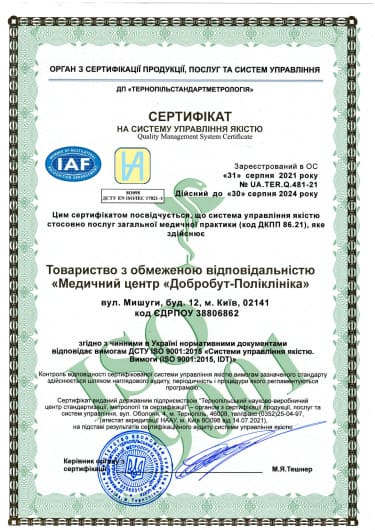
Accreditation certificates
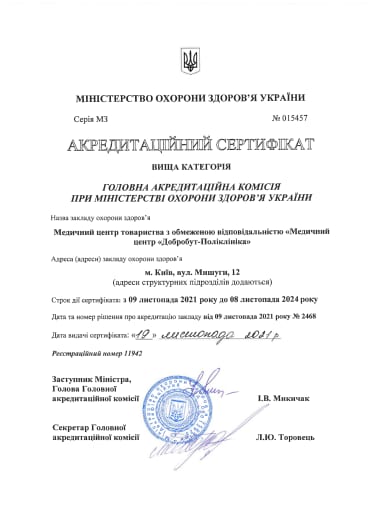
Medical practice licenses
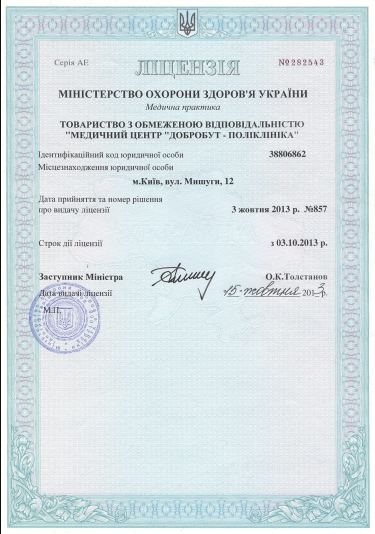
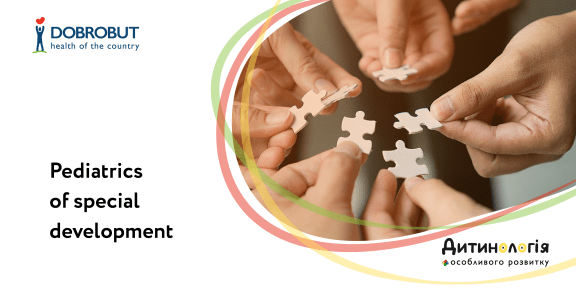



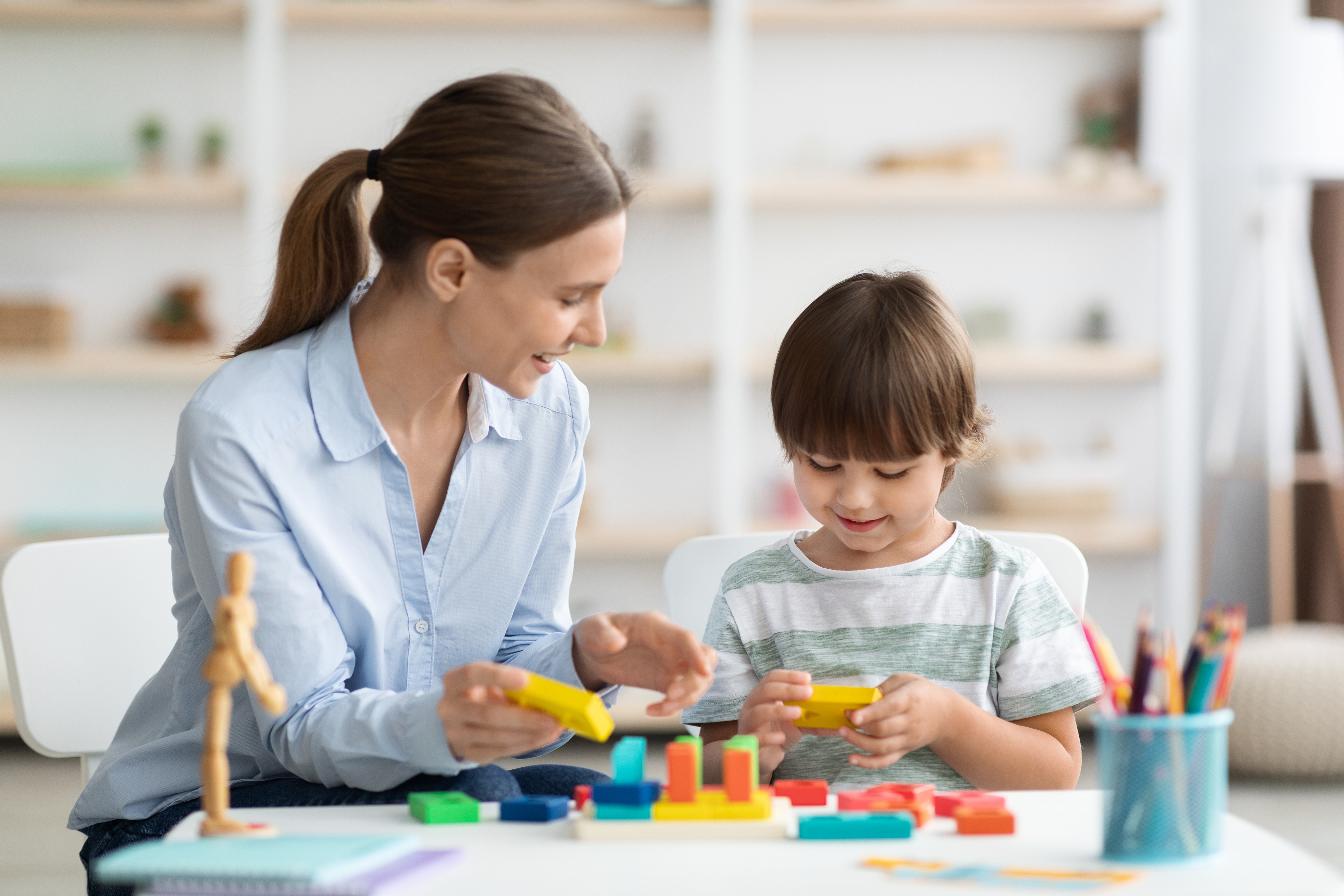

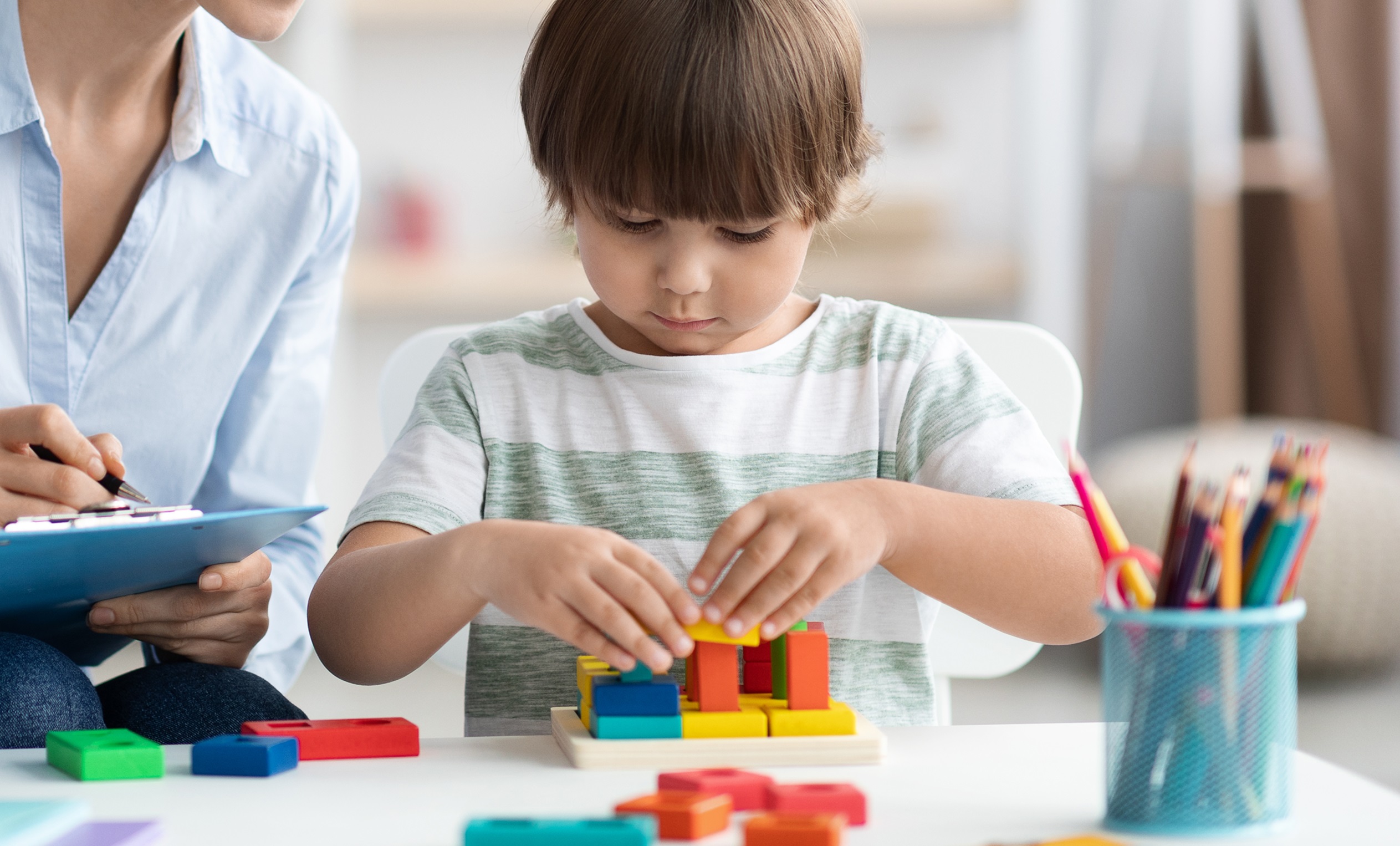
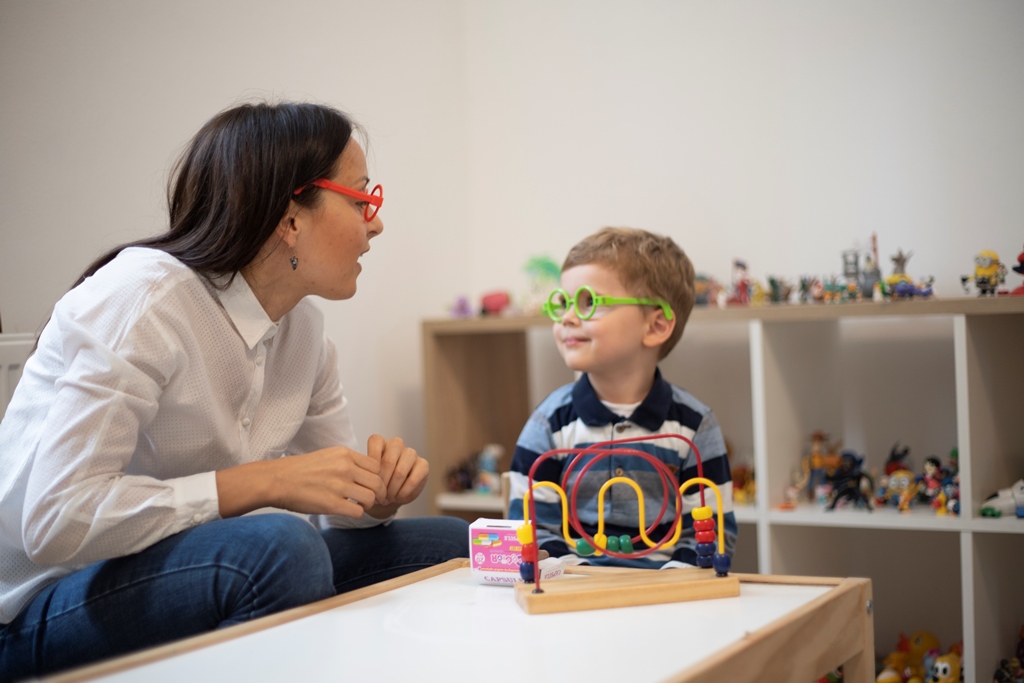

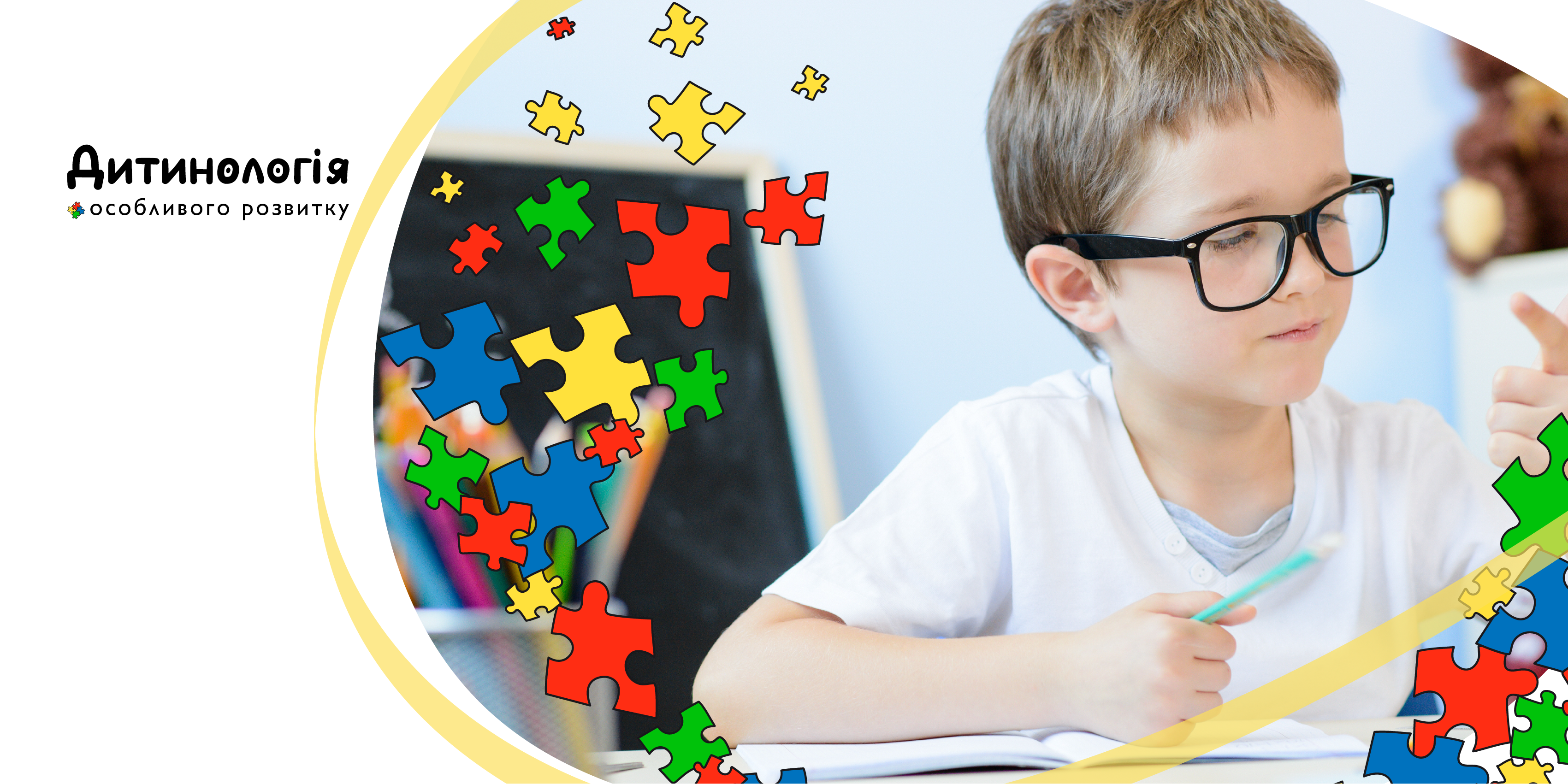
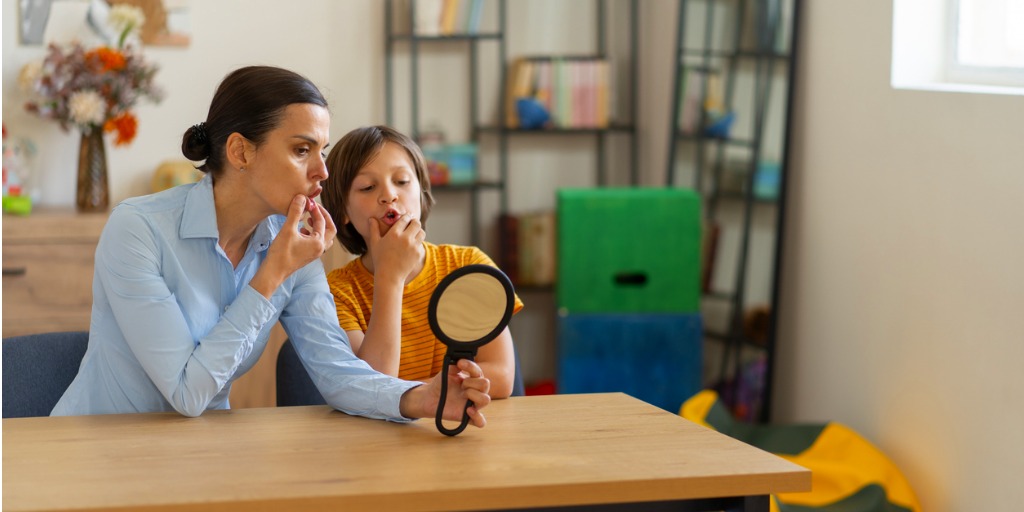

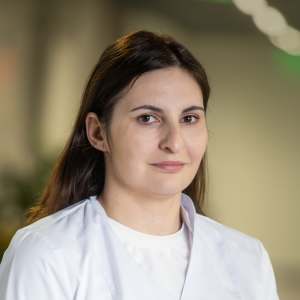


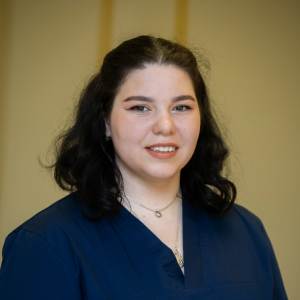
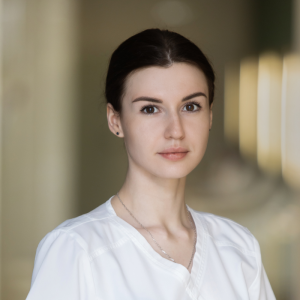
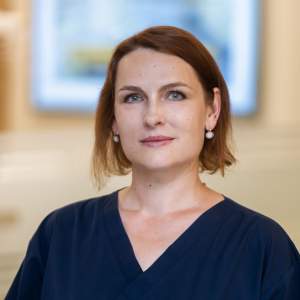






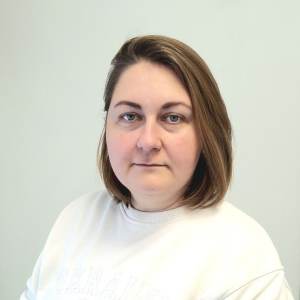
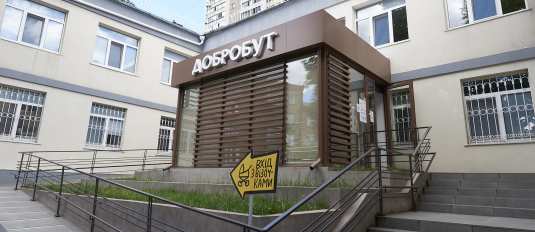
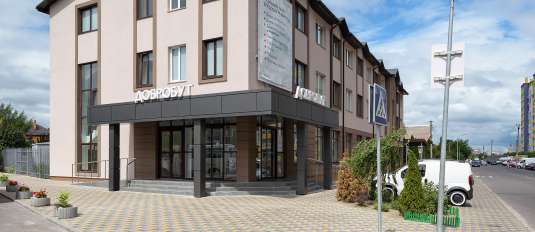
%402x.png)
%402x.png)
